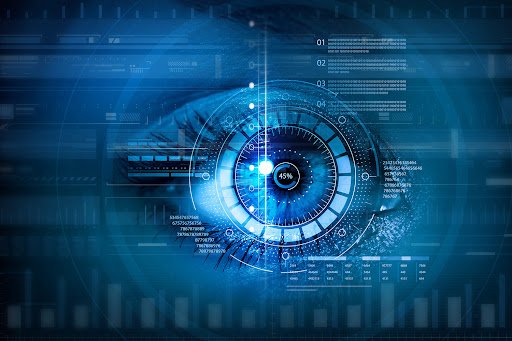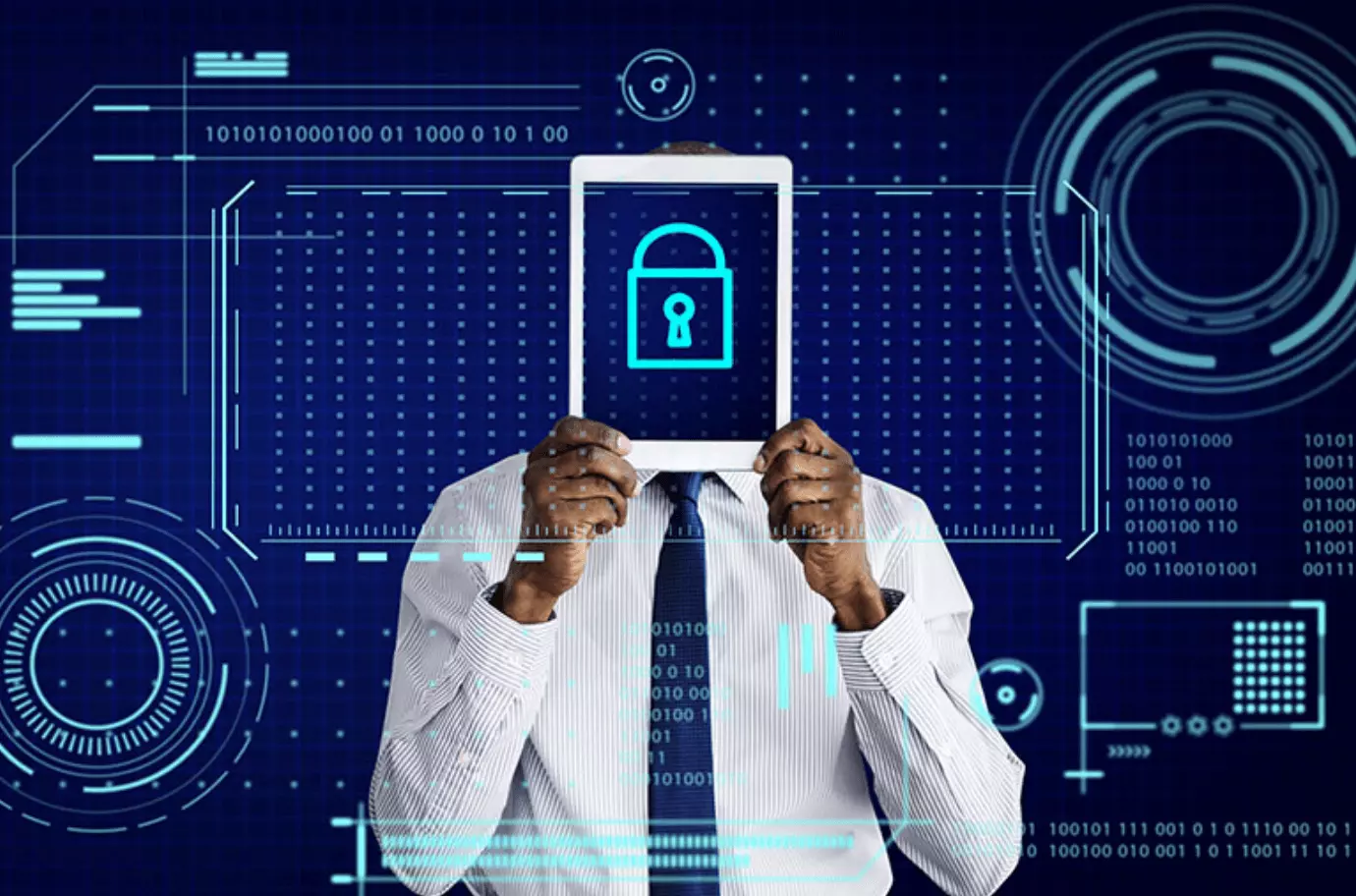Comments
- No comments found

Blockchain applications are tracking and managing digital identities both securely and efficiently, thereby resulting in seamless sign-on and reduced fraud.
Be it healthcare, banking, national security, or online retailing, identity authentication and authorization is a process that is intricately woven into commerce and culture worldwide. Because of the lack of common comprehension and often-unchecked cyberspace of personal information, identity authentication is facing significant hurdles. Several events such as hacked databases and breached accounts are showcasing growing problems of our technologically advanced society. Along with biometrics, blockchain technology is offering solutions for these digital identities issues, where an identity can be uniquely authenticated in an immutable, irrefutable, and secure manner.

Blockchain technology can be applied to several identity applications. Any company can deploy blockchain to build trust among its users. Blockchain allows companies to instantly make, approve, and verify different types of transactions by leveraging a collaborative digital ledger. Once transactions or other data are inside the ledger of the blockchain, cryptography takes over, and existing verification hurdles are drastically reduced, with chances of data being stolen are eliminated.
Undoubtedly blockchain technologies are interesting and innovative. They have the potential for some useful applications like creating evidence chains for identity verification and the creation of smart contracts. So blockchain is certainly positively impacting and securing digital identities.
Naveen is the Founder and CEO of Allerin, a software solutions provider that delivers innovative and agile solutions that enable to automate, inspire and impress. He is a seasoned professional with more than 20 years of experience, with extensive experience in customizing open source products for cost optimizations of large scale IT deployment. He is currently working on Internet of Things solutions with Big Data Analytics. Naveen completed his programming qualifications in various Indian institutes.
Leave your comments
Post comment as a guest